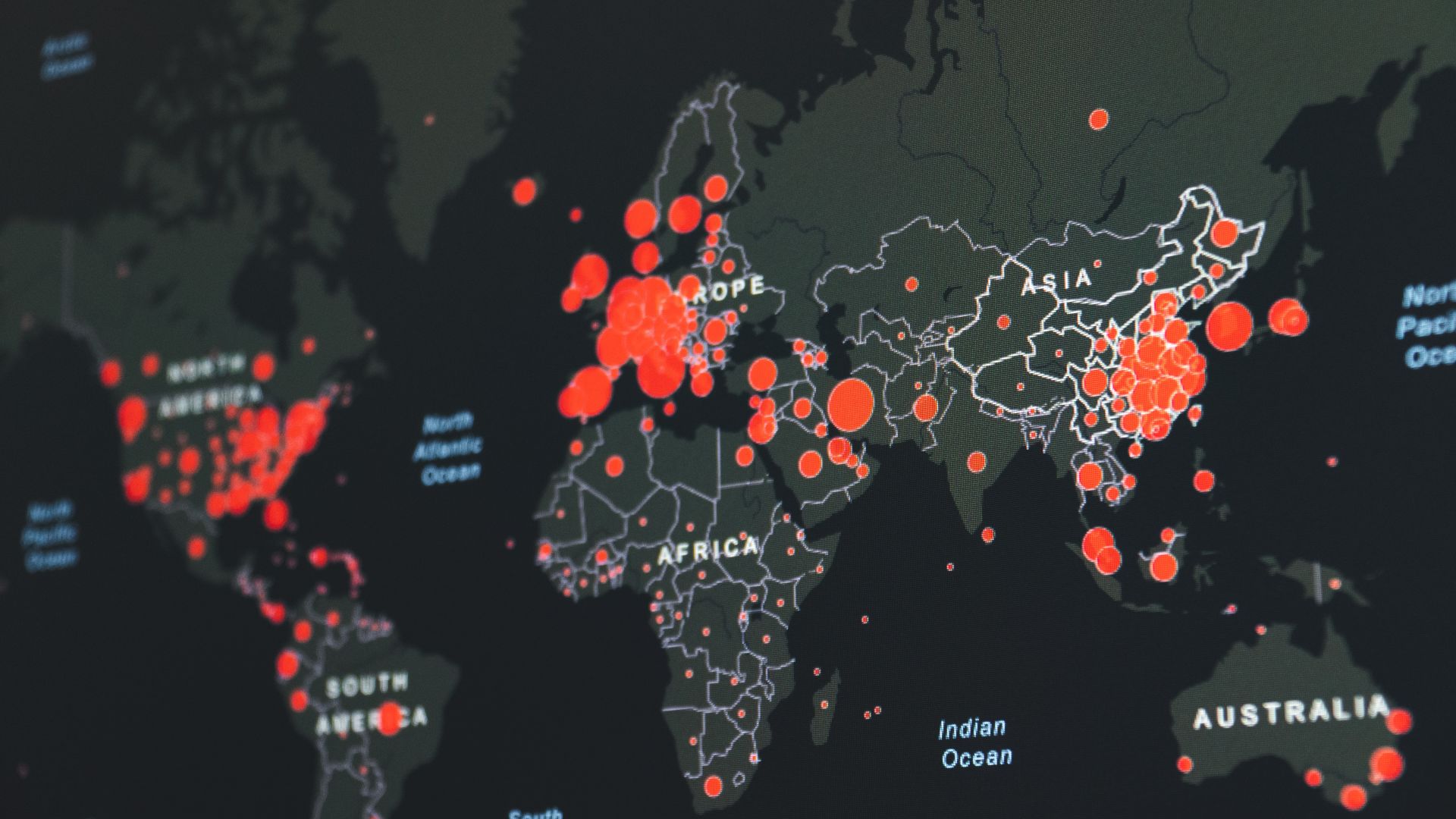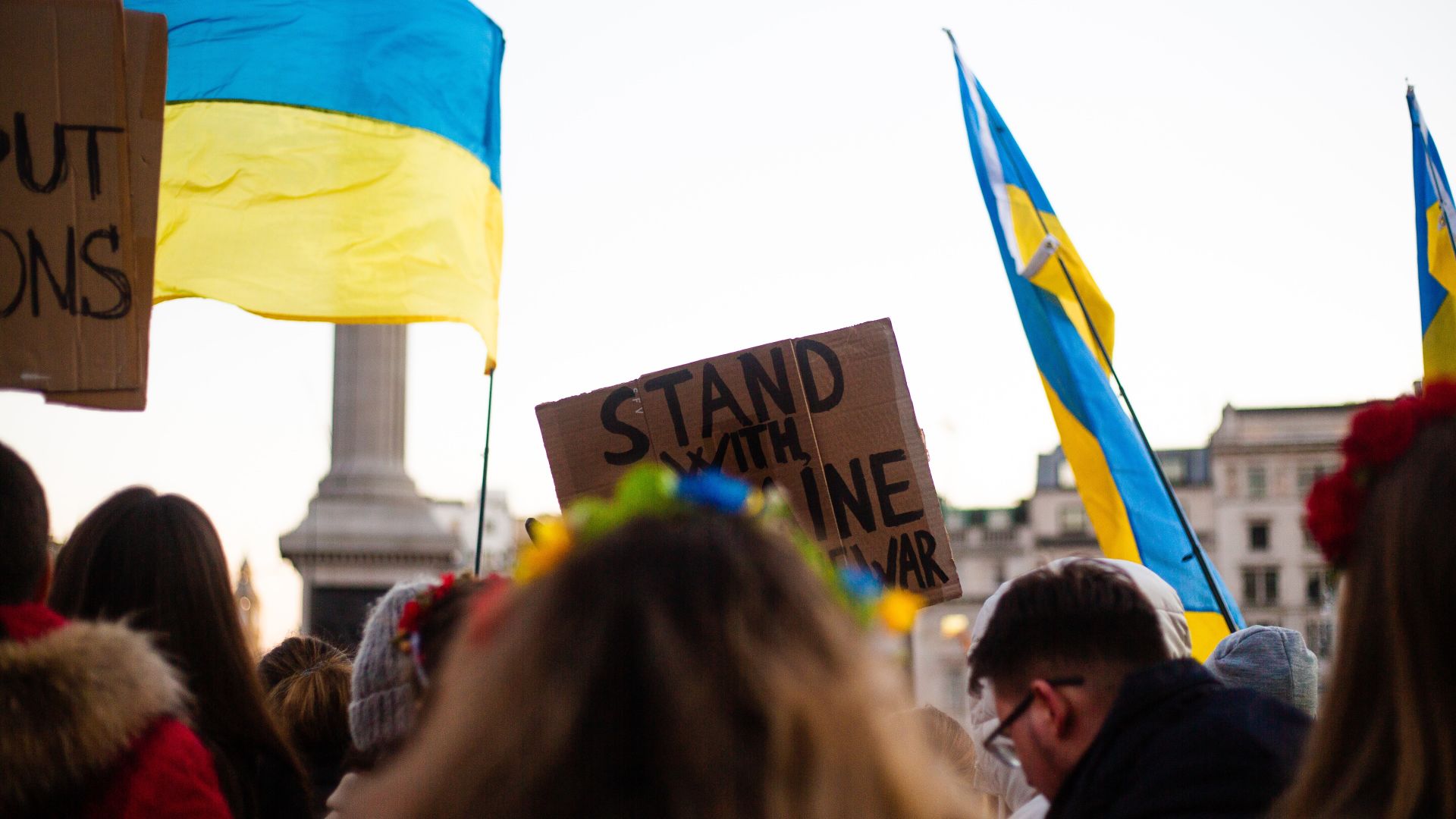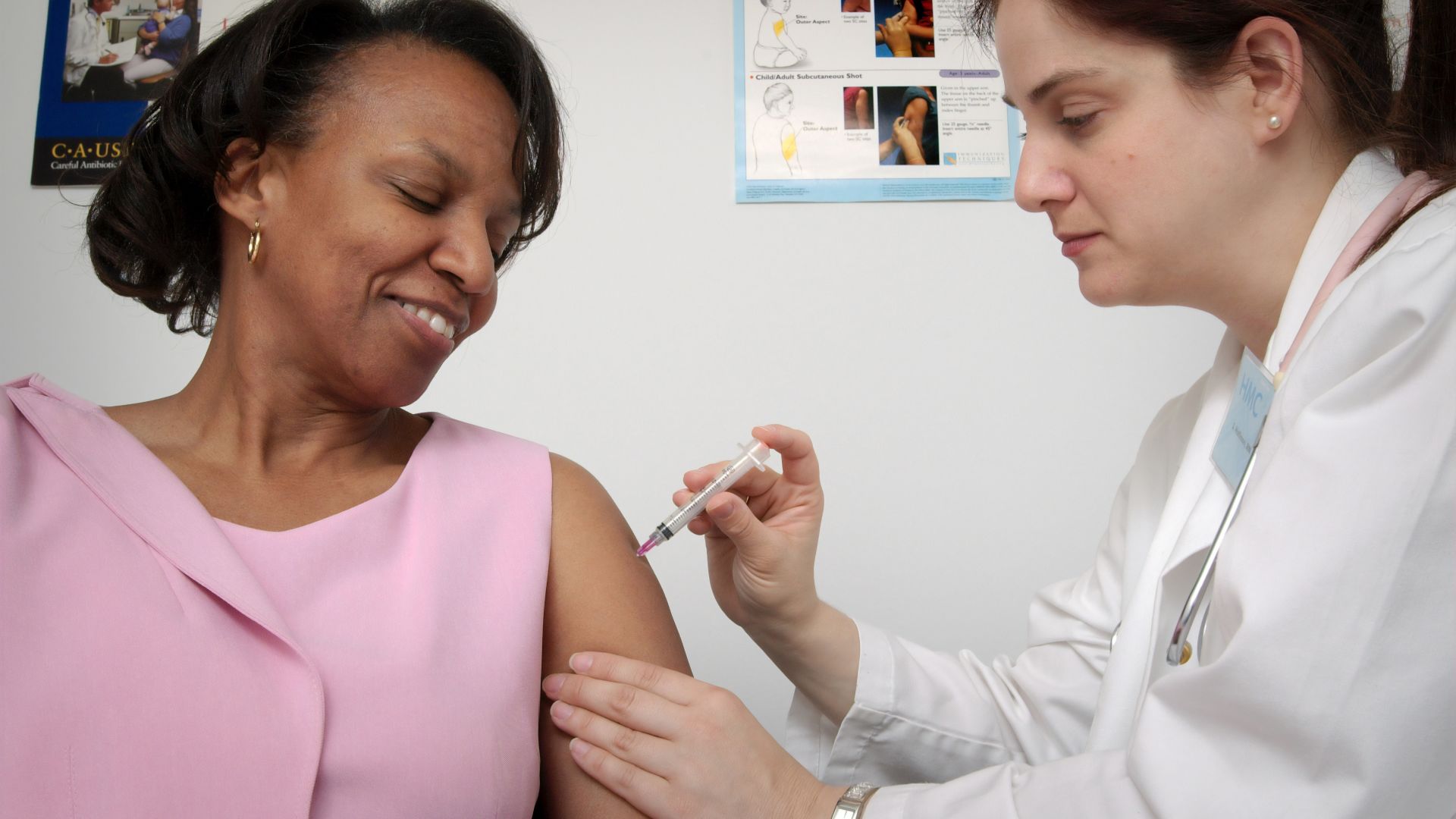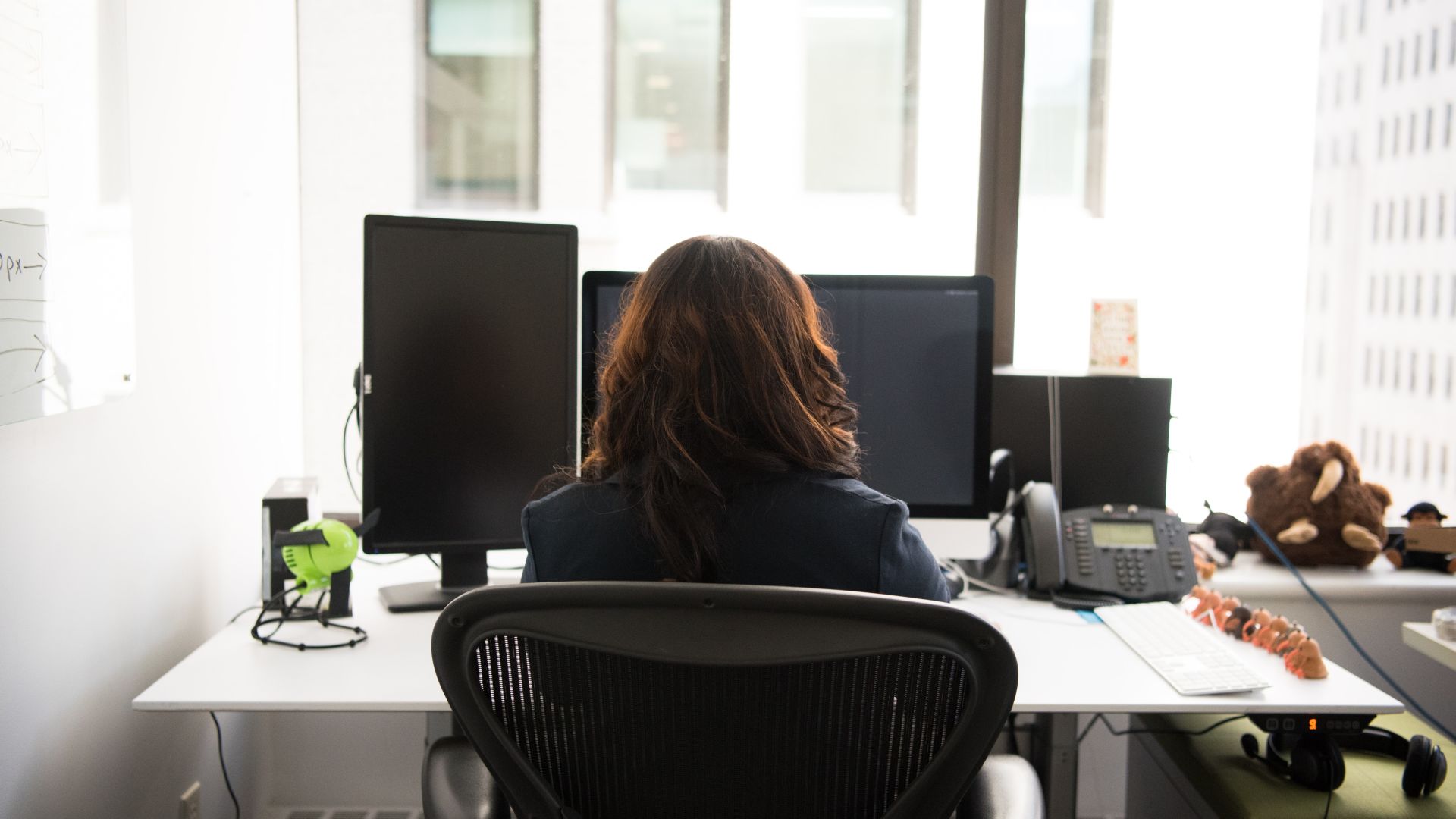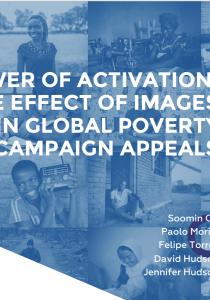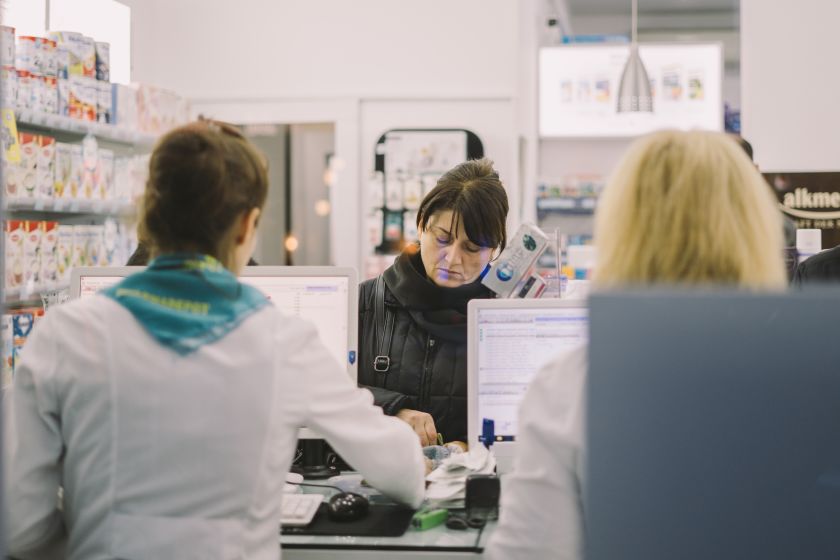
Content warning: domestic violence and abuse. This is discussed in the general sense, but we include multiple references to these themes in the text below.
The COVID-19 pandemic has been touted as a ‘great equaliser’ by many, from famous singers to academics; anyone can be infected by the virus, everyone is at risk. Our most recent study shows that this is not true in the minds of the British public: inequalities matter and they are sources of concern, both personally, and more broadly for society and the world, when it comes to the effects of the virus. In a series of three short blogs we will look at public opinion on the personal and professional challenges women are facing because of COVID-19.
First, we asked a sample of British respondents to think about the challenges faced by women during the COVID-19 crisis. Our questions sought to uncover public perceptions of the impact on women, and ranged in focus from working conditions and risk exposure, caring responsibilities to domestic violence and abuse. Overall, irrespective of topics, most members of the British public agree that women are likely to experience greater difficulties during the pandemic.
The top item of concern is domestic violence and abuse. As many as 76% of respondents believe that women face a greater risk of violence and abuse during lockdown. Public concern reflects widespread media attention to the issue and increased calls for help received by UK charities, including Refuge. The experience of women in developing countries is of equal concern, as reports of increasing violence and discrimination mean progress made by women is under threat.
Job security and exposure while at work are also areas of concern for the British public. 59% of respondents believe the higher numbers of women in the health and social sector workforces puts women at a disproportionate risk of contracting COVID-19, and 48% think women will suffer more from an economic crisis as they are more likely to work insecure or lower-paying jobs. The risk women face in shouldering the burden of care, both at home and as health and social care professionals, isn’t lost on the public: 52% of respondents agree that both roles put women in greater danger. This shows that in the coming months, as new political debates emerge about how to reward those that were in key roles during the pandemic, NGOs and policymakers are well-positioned to bring gender to the forefront of these discussions. While demand for global cooperation is high, domestic and international institutions can work together to fight for the rights of all women.
In our next blog, we will look at how individuals perceive the vulnerability of their personal, family or societal well-being in the face of Covid-19.






